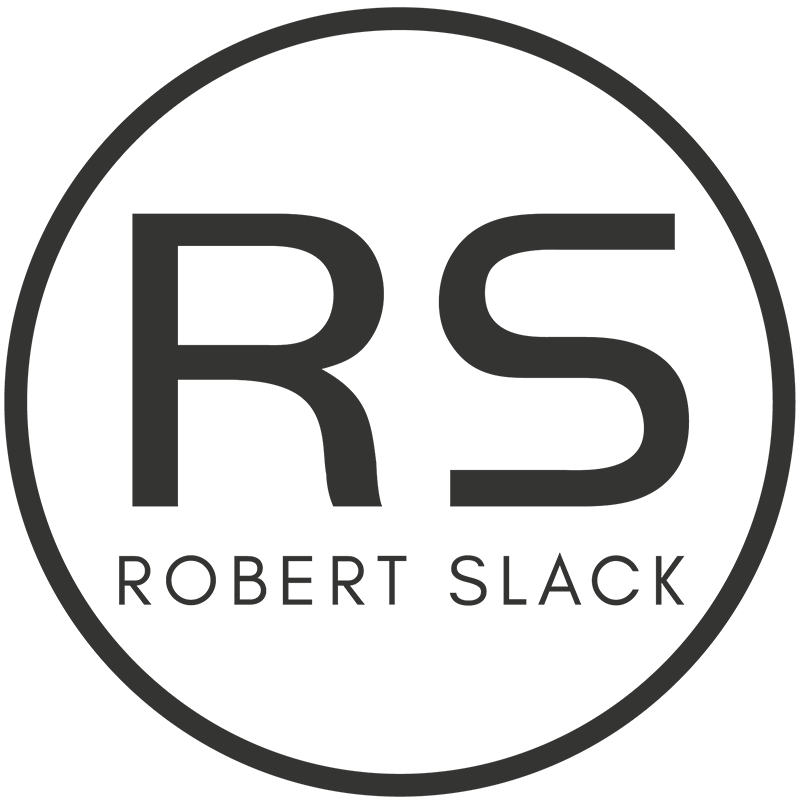 Buying your first home is exciting. After years of renting, you are finally moving into a place you can call your own. No more moving every year or two, no more rent increases, no more helping your landlord pay the mortgage. By getting your own place, you get to keep the equity in the property.
Buying your first home is exciting. After years of renting, you are finally moving into a place you can call your own. No more moving every year or two, no more rent increases, no more helping your landlord pay the mortgage. By getting your own place, you get to keep the equity in the property.
Despite these benefits homeownership is not always profitable, as many new homeowners discovered during the housing crisis. To protect yourself, and gain the maximum advantage from your investment, it’s crucial to understand the following about home loans.
Fixed Rate Versus Adjustable Rate Mortgages
- Adjustable rate mortgages have a lock period, usually between one and three years, during which time the interest rate remains the same. Once that period expires, the rate fluctuates on an annual basis based on the direction of market interest rates. Adjustable rate mortgages are used by homeowners who plan to sell the property before the end of the term or borrowers with poor credit who plan to refinance. Remember: small interest rate increases quickly add hundreds per month to a mortgage payment.
- Fixed rate mortgages remain the same for the entire mortgage, but that does not mean the cost of the house stays the same. Increasing property taxes can send the payment up substantially, and if there is a homeowners association, assessment increases can have a significant impact as well. Though not part of your housing payments, utilities, and home repairs also impact the total cost of ownership.
Refinancing
If you stay in the home more than a few years, chances are pretty good that you’ll consider refinancing.
There are several refinancing types, including:
- Rate/term refinance: This refinance works great when interest rates drop. It allows you to lock in a lower rate and payment.
- Cash out refinance: When you have built up home equity and want to use it, a cash-out refinance is the way to go. Often, people use this refinance for home improvements.
- Debt consolidation refinance: When homeowners have equity and are trapped with high-interest debt from credit cards, a refinance can be used to pay off the high-interest debt directly.
Do you qualify for a VA loan?
Members of the military, veterans, and their families often qualify for VA loans. If you are in one of these categories, understanding how VA loans work is critical. VA loans provide loans that require no down payment, have relaxed underwriting terms, and even help for veterans struggling to make home payments. If you qualify, it is likely the conditions will be far better than anything available outside of the VA loan system.
Resources:
Robert Slack
